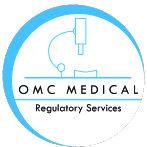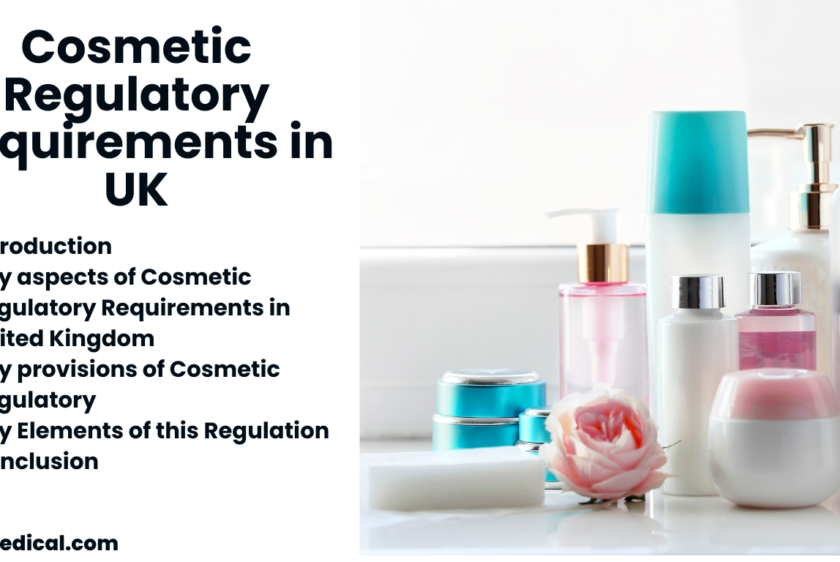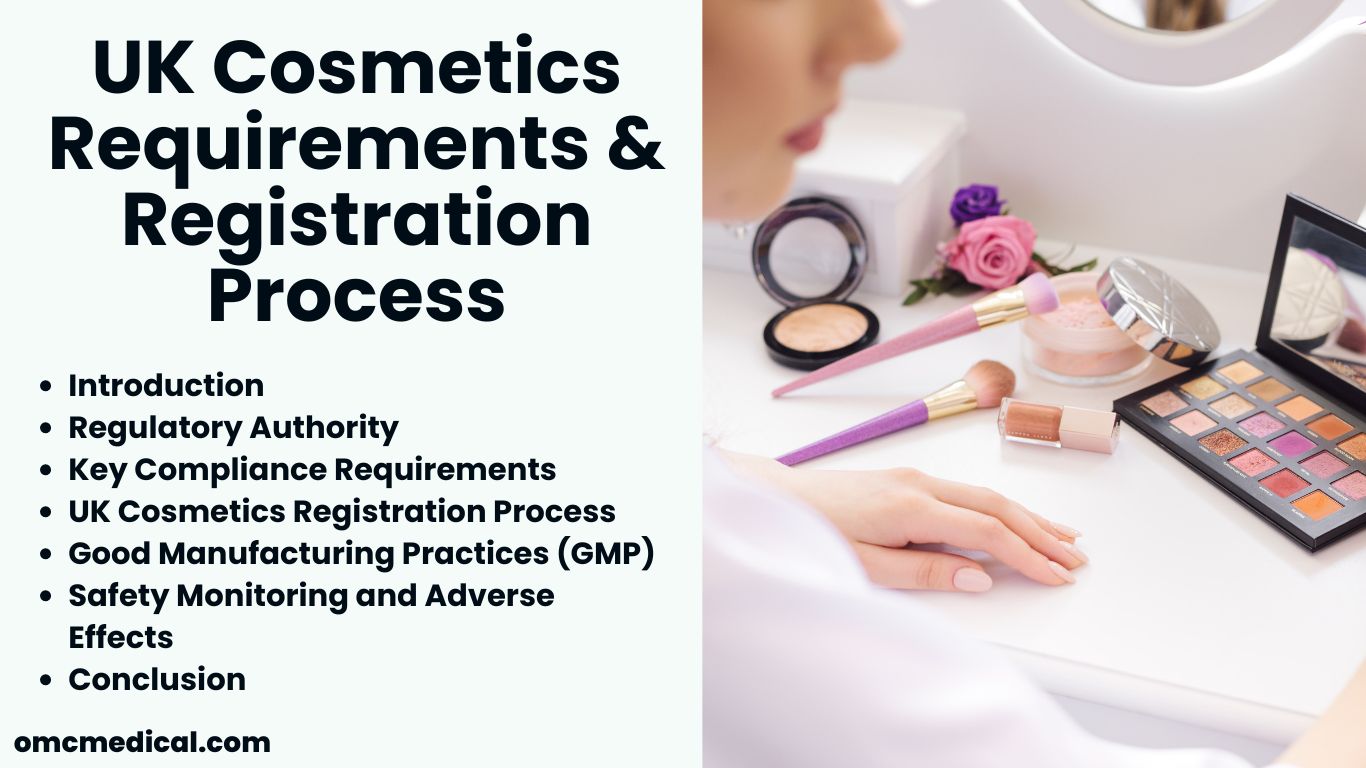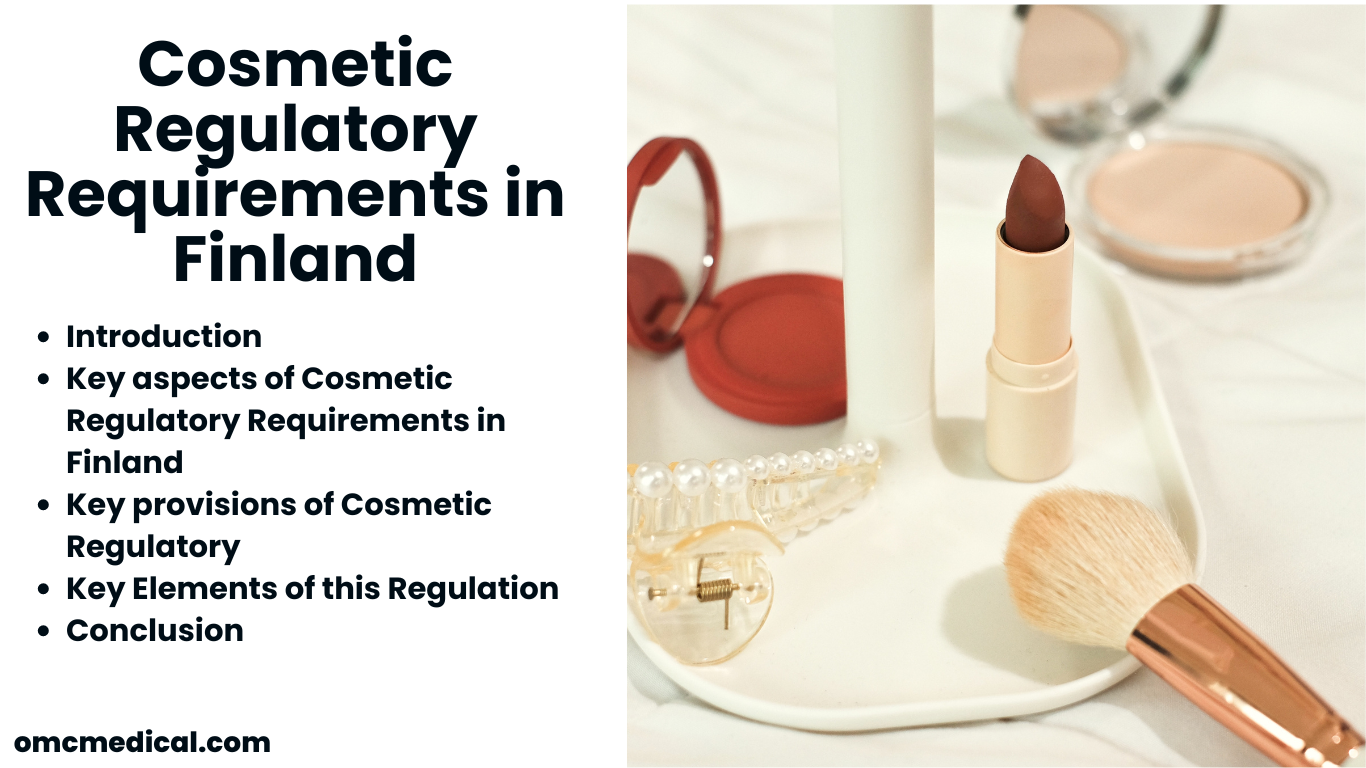In the United Kingdom (UK), cosmetic products are regulated under the UK Cosmetics Regulation 2019, which governs the safety and marketing of cosmetic products. This regulation largely mirrors the European Union’s Regulation (EC) No 1223/2009 and came into effect following Brexit to ensure continuity in standards and consumer safety.
Office for Product Safety and Standards (OPSS)
The regulatory authority overseeing cosmetic products in the UK is the Office for Product Safety and Standards (OPSS), which operates under the Department for Business, Energy & Industrial Strategy (BEIS). OPSS ensures that cosmetic products comply with regulatory requirements and investigates non-compliance or safety concerns.
Language Requirements
The primary language used on cosmetic product labels in the UK must be English. This ensures that consumers can easily read and understand important information about the product.
Compliance and Enforcement
Compliance with the UK Cosmetics Regulation 2019 is essential for manufacturers, importers, and distributors of cosmetic products in the UK market. OPSS conducts market surveillance activities to monitor compliance and takes enforcement action against non-compliant products to protect consumer safety.
Key provisions of the Cosmetic Regulatory Requirements in UK
The UK Cosmetics Regulation 2019 includes provisions similar to those in the EU regulation, ensuring that cosmetic products placed on the market are safe for human health when used under normal or reasonably foreseeable conditions.
Key aspects of the Regulation
Safety Assessment
Like the EU regulation, cosmetic products must undergo a safety assessment by a qualified person before being placed on the market.
Product Information File (PIF)
Manufacturers or responsible persons must maintain a PIF containing detailed information about the cosmetic product, including safety data and methods of production.
Notification
Products must be notified to the Office for Product Safety and Standards (OPSS) before they are placed on the market, ensuring traceability and compliance.
Labelling
Cosmetic products must be labelled with essential information, including the name and address of the responsible person, a list of ingredients, special precautions, and a batch number.
Cosmetic Good Manufacturing Practices (GMP)
Manufacturers must comply with Good Manufacturing Practices standards to ensure the quality and safety of cosmetic products.
Prohibited and Restricted Substances
The regulation specifies substances that are prohibited or restricted in cosmetic products to protect consumer safety.
Claims and Advertising
Advertising and claims made about cosmetic products must be truthful, not misleading, and comply with relevant legislation.
Conclusion
The regulatory framework for cosmetics in the UK, governed by the UK Cosmetics Regulation 2019, aims to uphold high standards of safety and consumer protection. By aligning closely with previous EU regulations while introducing specific adaptations, the UK ensures continuity in regulatory practices post-Brexit.
Manufacturers, importers, and distributors of cosmetic products must adhere to these regulations to ensure products are safe for use and compliant with legal requirements in the UK market.







